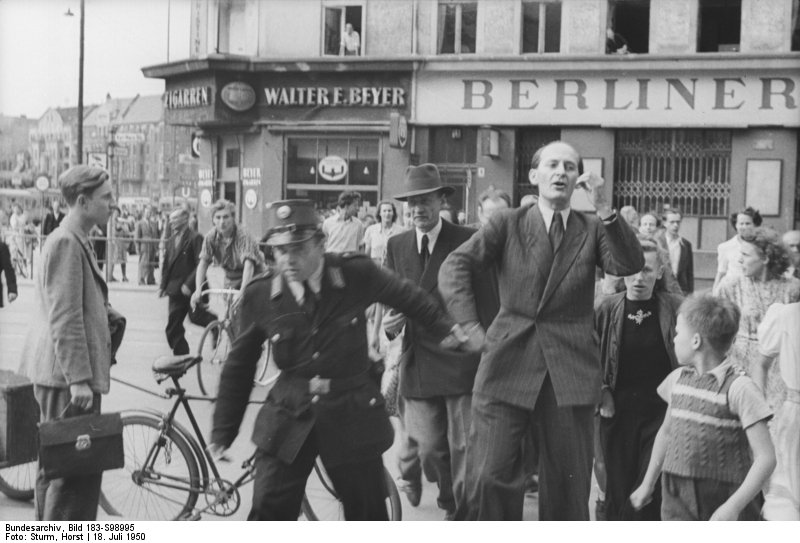The 25th anniversary of the beginning of the political transformation in Central and Eastern Europe inspires us to seek new ways of thinking about what the experience of World War II and Communism has brought to European societies.
In this context we propose an inquiry into what conditions were needed for civil courage before 1989 in order to occur. We understand civil courage, the willingness and the ability to defend one's convictions even in difficult situations where one risks provoking aversion of people around or jeopardizing one’s career, as an important virtue for civil society and an interesting phenomenon for a sociological or historical analysis.
We aim to take further the research postulated by Richard Swedberg who proposed discussing social and institutional conditions that foster acts of civil courage where individuals defend their rights in challenging social situations. What attributes of circles of family and friends and other social networks helped develop civil courage? What social mechanisms were involved in furthering civil courage or stopping it from developing? What was civil courage then, how to operationalize it? How can it be related to such notions as civil disobedience or honor? What institutional conditions helped foster civil courage under repressive regimes?
This topic is worthy of discussion, even more that the animated debate in social sciences about „civil society” does not refer to the concept of „civil courage”. Neither do conferences, for example devoted to the opposition to Communism, offer systematic reflection on conditions which help develop civil courage. Nonetheless, it is civil courage that can be regarded as an important legacy of democratic opposition to Communism and a significant element for the functioning of civil society.
We propose to seek the emergence of the values and attitudes related to “civil courage” in a specific context (e.g. social movements before 1989, acts of civil courage during World War II and the Holocaust). For example under what circumstances did those who rescued Jews under the occupation during World War II or dissidents in communist states become aware of certain values, how did they come to adopt the attitudes which we consider nowadays to be essential? What values and innovative social actions emerged in the states where Communism was in decline and liberalization underway but which remained repressive? Can we relate these experiences to society today? And how?
Papers will be published by the European Network Remembrance and Solidarity (www.enrs.eu) in an edited volume in an electronic form (e-book in English). The publisher offers fees for authors of accepted papers. Should you have any questions, please contact the editor Mateusz Fałkowski
